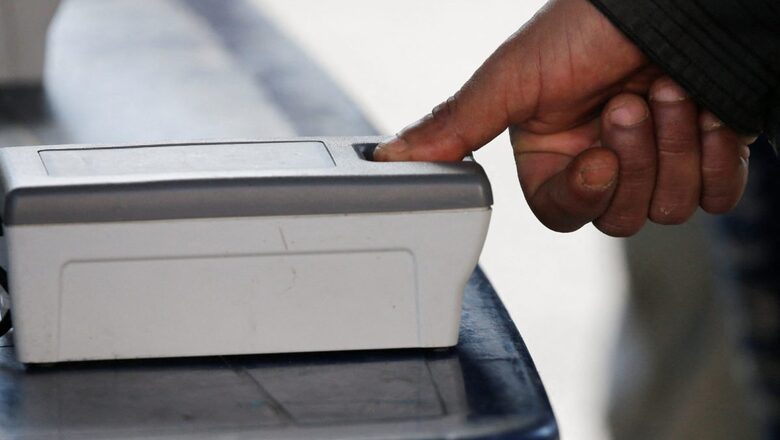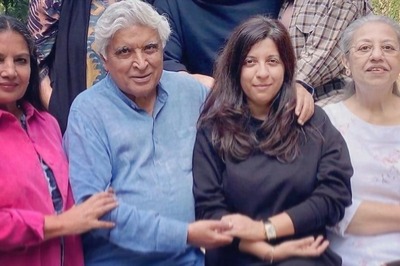
views
In the first-ever such case in Hyderabad, and possibly India, two men were recently arrested for performing surgery on another duo to alter their fingerprints so they could evade bio-metric identification. The men who underwent the surgery to re-enter Kuwait after being deported are also in police custody.
Fingerprints, being unique to an individual, are the key to identification and used in criminal investigations as well. Instances have been reported from several countries where people tried to get rid of or alter their fingerprints either permanently or temporarily to evade detection.
In 2009, a South Korean woman re-entered Japan despite being deported by tricking the fingerprint scanner. She put a special tape on her index finger that altered her fingerprint and helped her bypass the machine. That same year, a Chinese woman was arrested by Japanese police for entering the country with the help of surgically altered fingerprints.
In the paper Attempts to Alter and Obliterate Finger-Prints, author Harold Cummins talks about criminals in the US who tried to alter fingerprints using acid or a deep scar as early as 1933.
In the Hyderabad case, a radiographer and an anaesthesia technician from Tirupati travelled to Rajasthan and performed the fingerprint-altering surgery on two persons, charging them Rs 25,000 each. It later came to light that they had performed similar surgeries in Kerala and Andhra Pradesh as well.
The procedure began with them cutting the upper layer of the fingertip, removing some part of the tissue and re-stitching it. After the wounds healed in a couple of months, there would have been slight change in the fingerprint pattern. The changed pattern would have remained intact for at least a year.
With the altered fingerprints, the accused planned to get new Aadhaar cards, apply for Kuwait visa and enter the country without detection.
Rachakonda police commissioner Mahesh Bhagwat told News18 that this is the first time that such a gang has been busted in Hyderabad. The accused who underwent surgery work in the construction industry and hail from YSR Kadapa district. They allegedly hatched the plot, taking advantage of the fact that the biometrics system used at Kuwait immigration is not very advanced.
In a paper titled Fingerprint Alteration, authors Jianjiang Feng, Anil K Jain and Arun Ross of Michigan State University say that there are three types of fingerprint alterations — obliteration, distortion and imitation.
- In the first case, fingerprint patterns are obliterated by cutting, burning, applying strong chemicals or transplanting smooth skin
- In distortion, ridge patterns can be altered by plastic surgery. The surgeon removes portions of skins from fingertips and grafts them back at different positions
- In the third case, skin removed from other body parts like palm and toe are grafted on fingertips, giving rise to a new set of fingerprints
All these kinds of alteration are able to deceive fingerprint scanners. Talking about the legality of such surgeries, Dr Priyadarshan K, Consultant, Plastic Surgery at Fortis Hospitals in Bengaluru, said: “This is not permitted medically but criminals do this by removing skin from their finger tips and then get the skin grafted. This will result in the change of their fingerprint. Medically, only one or two fingerprints may get changed because of surgery post-trauma or vitiligo. If all 10 fingerprints are changed, it has to be reported to police, court and the government, and the new finger print has to be registered.”
Read all the Latest News India and Breaking News here



















Comments
0 comment